How to Start a Sole Proprietorship in Melbourne – A Step-by-Step Guide for First-Time Business Owners
Start a Sole Proprietorship in Melbourne – Easy Guide
And should you be considering taking your idea, side-hustle or skill to the next level and starting a business in Melbourne- you are not alone.
A thousand Melburnians make the jump each year and begin with their own business, whether it be home-based consultancies or a local shop or an online brand.
And in case you are not fond of complications, the simplest and cheapest way to start up would be to become a sole proprietor (also called a sole trader in Australia).
The guide takes you through all the details you should know including how to register an ABN as well as how taxes, permits, and local business support work in Melbourne.

What Is a Sole Proprietorship (Sole Trader) in Australia?
A sole proprietorship, or sole trader, is the simplest business structure in Australia.
It is a legal way to unite you with your business, you can get all the profits, however, you are a person liable to all debts and obligations.
To illustrate, as a freelance designer in South Yarra, a trades person operating in the suburbs of Melbourne, or a hair stylist renting a chair in Fitzroy, then you are likely to be a sole trader.
There is no distinct business entity- unlike a company, it reduces the expenses of setting up, there are less documents involved, and you are the one that makes all important decisions of your business.
How to Register a Sole Trader(Sole Proprietorship) Business in Melbourne
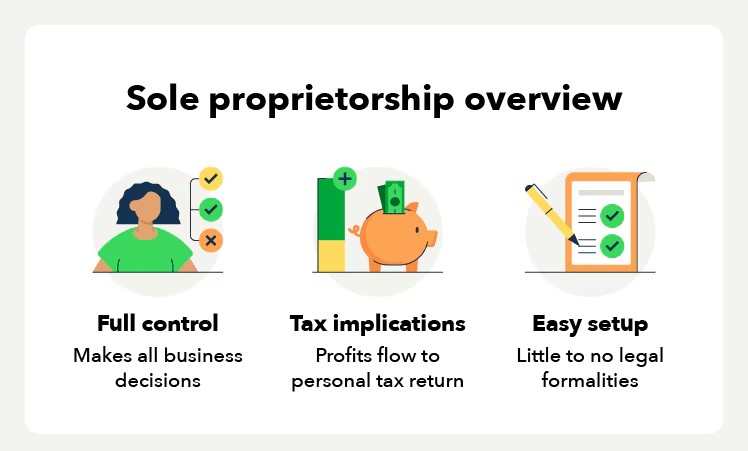
Let’s break down the process in simple, Melbourne-specific steps.
Step 1: Choose a Business Name
You can trade under your own name (e.g., Sarah Nguyen Consulting) or register a separate business name through ASIC (Australian Securities and Investments Commission).
If you want a unique name — like Bean & Gone Coffee Cart or Eco Home Repairs Melbourne — check that it’s not already taken using ASIC’s Business Name Check tool.
👉 Tip: Make sure your business name reflects your local area or niche — it helps with SEO and recognition (e.g., “Melbourne Cleaning Services”).
Step 2: Apply for an ABN
Every sole trader needs an Australian Business Number (ABN) — it’s free to apply through the Australian Business Register (ABR) website.
Your ABN helps you:
- Invoice clients professionally
- Avoid “no ABN withholding” from payments
- Register for GST (if required)
- Identify your business officially
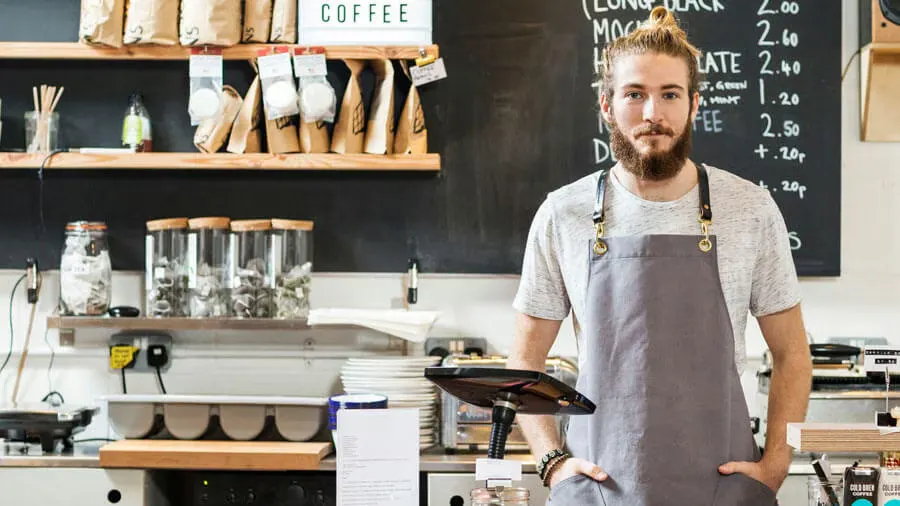
Most ABNs are approved instantly, and you can start trading as soon as you receive it.
Step 3: Register for GST (If Required)
If your annual turnover is expected to exceed $75,000, you’ll need to register for Goods and Services Tax (GST).
This can be done through your myGov account linked to the ATO.
If you’re just starting out or testing your idea, you might skip GST registration initially — but keep an eye on your revenue as your business grows.
Step 4: Check Local Council Permits and Regulations
Depending on what kind of business you’re starting, you may need local council permits.
For example:
- Food truck in St Kilda → Permit from City of Port Phillip
- Home salon in Coburg → Home-based business approval from Moreland Council
- Market stall at Queen Victoria Market → Vendor permit and food handling licence
👉 You can check what you need through Business Victoria’s “Permit Finder” tool.
Step 5: Open a Business Bank Account
While not legally required, opening a separate business bank account makes life easier during tax season.
It keeps your business income and expenses separate — helping you claim deductions accurately and stay organised.
Many local banks in Melbourne (like NAB, ANZ, and Commonwealth Bank) offer low-fee business accounts for sole traders.

Step 6: Set Up Bookkeeping and Record-Keeping
Keeping track of your income, expenses, and invoices is crucial.
You can use accounting tools like:
- Xero (popular with Melbourne small businesses)
- MYOB
- QuickBooks Online
If you prefer professional help, you can also hire a local bookkeeper or accountant — many work with sole traders in Melbourne’s suburbs and CBD.
Tax and Super Responsibilities for Sole Traders(Sole Proprietorship)
As a sole trader, you’ll pay individual income tax on your business income — there’s no separate business tax rate.
You’ll report this income in your personal tax return.
Here’s what to know:
- You can claim business deductions such as:
- Home office expenses
- Vehicle costs
- Business supplies and tools
- Software and internet
- Home office expenses
- If you’re registered for GST, you’ll lodge a Business Activity Statement (BAS) quarterly.
- You may also need to make super contributions for yourself.
If you’re unsure, connect with a Melbourne-based tax agent — they can help you manage BAS, super, and deductions effectively.
Insurance and Protection for Melbourne Sole Proprietorship
Many new business owners overlook insurance — but it’s essential protection for your work and peace of mind.
Here are the most common types:
- Public Liability Insurance – Covers damage or injury caused to others.
(Required for many markets, trade shows, and client-facing businesses.) - Professional Indemnity Insurance – Protects you if a client claims your advice caused them loss.
(Great for consultants, designers, or freelancers.) - WorkSafe Victoria – Check coverage if you employ anyone or work in high-risk industries.
Most Melbourne insurers offer sole trader packages tailored to your industry.
Melbourne-Specific Resources and Support
Melbourne city has a good support system for new sole traders. – The following are the resources that could be checked out:
- Business Victoria – Guide to Sole Trader. -Registrations, tax and compliance step-by-step information.
- Innovation Centre Melbourne.- Provides business mentoring and online classes
- City of Melbourne- Small Business grants.- Grant opportunities and start up grants.
- Startup Victoria – Business networking, business events and entrepreneurship support.
You can also explore local coworking spaces like Hub Southern Cross, The Commons, or Spaces Collins Street — great for meeting other Melbourne business owners.
Common Mistakes to Avoid
Many new Melbourne sole traders make these avoidable errors:
- Mixing personal and business finances
- Not registering for an ABN or business name
- Skipping insurance
- Ignoring GST registration once income rises
- Failing to keep proper financial records
Avoiding these mistakes early on saves time, stress, and potential fines later.
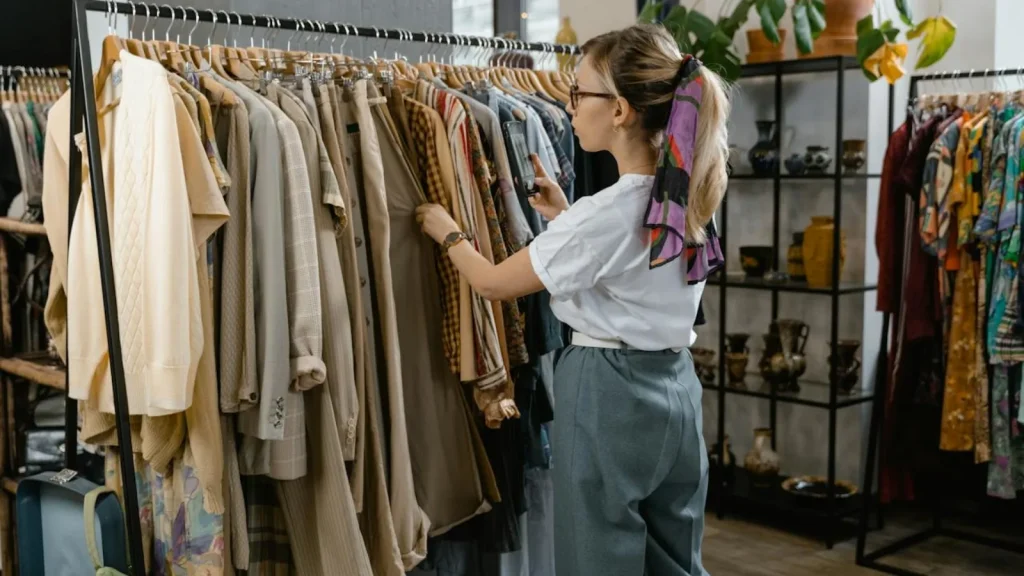
When to Consider Switching to a Company
You might be expanding your income and obligations, requiring you to outgrow the sole trader model.
You may change your company structure to:
- You are making a lot more money.
- You want to hire staff
- You require a limited liability cover.
- You will be attracting investors.
The conversion of a sole trader into a company is easy – and this can be done by ASIC when the time does arrive.
Your Melbourne Business Journey Starts Here
Sole proprietorship, when starting up in Melbourne, does not necessarily have to be a complex task.
Having a clear plan and the proper registrations with a little local orientation, you would be up and running within a few days.
Keep in mind – all the prosperous companies of Melbourne were built on a single idea and the ability to make the first step.
No matter whether you are freelancing in Fitzroy, starting a tiny cafe in Footscray or creating an online brand in your apartment, this is where your business in Melbourne begins.
Need help? Check out Business Victoria or talk to a local accountant – and make your dream of Melbourne real.

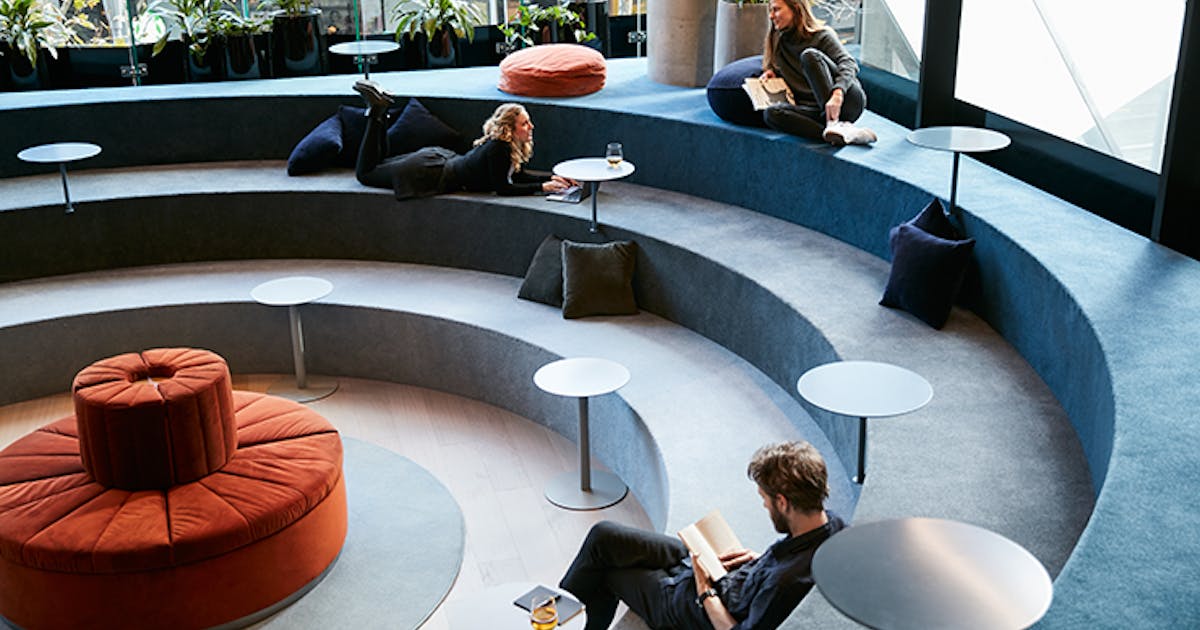
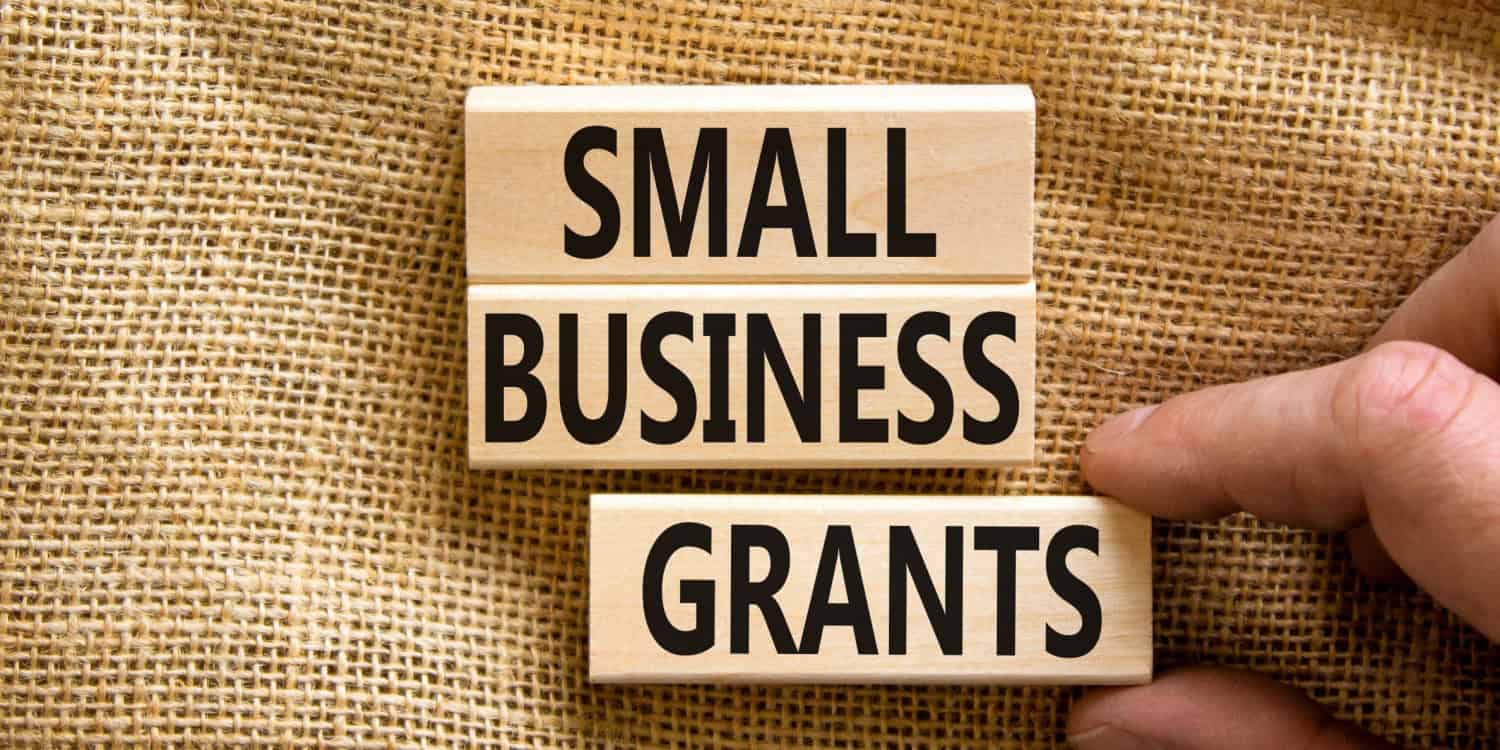

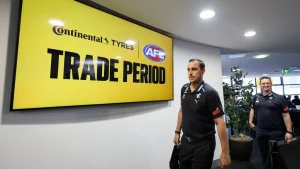

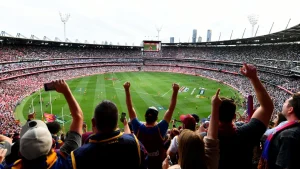







Post Comment